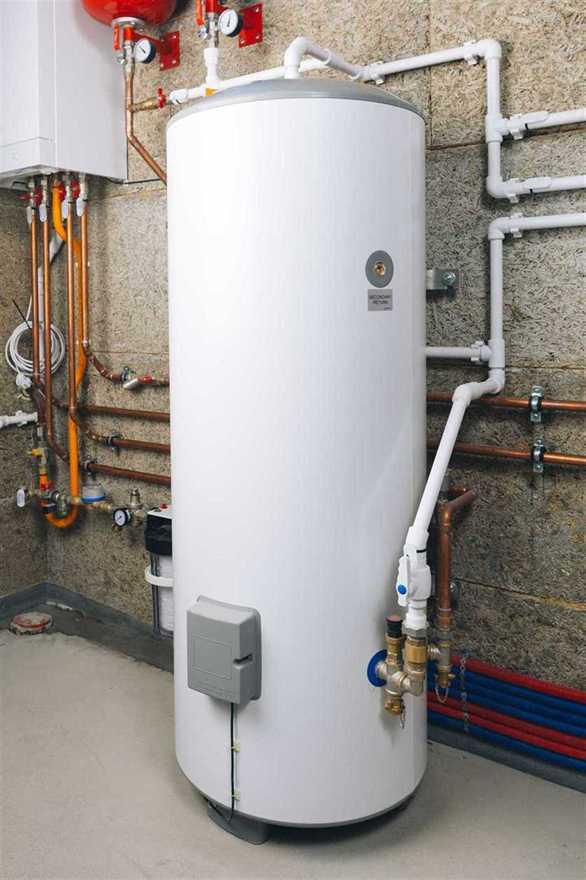
If you notice a leak from the bottom of the tank, your first task is to find the specific source of the leak. The actual tank: This is another situation that would require a professional.
Water heater overflow pipe gushing professional#
The air valve opposite the threaded connection: If the leak is here, you will need to call a professional to replace it.Tighten the expansion tank again and the issue should be resolved. The threaded connection: If this is the case, remove the expansion tank at the connection and apply thread sealer to the threads.If the leak is in the expansion tank, you will see it in one of three spots. An expansion tank helps relieve that but if it has a leak, it can’t do its job properly. When hot water expands and isn’t checked regularly, it can cause damage to your heating system. They are designed to remove any excess hot water. Turn the water and power supplies back on.Connect the pieces and solder the connection points to prevent any leaks.Use Teflon tape to cover all the threads of your new connection piece.Use a pipe wrench to carefully remove the corroded part.Cut the pipe to remove the corroded connection.Turn on all hot water faucets in the house.However, if you’re confident, you can do it yourself by following these steps: To replace your pipe fittings, you should probably call a professional. However, if it’s corroded, you should replace the part. If it’s loose, simply tighten up the connection causing the issue. You can tell that it’s corroded if there’s a white substance in the area. In time, the fittings and connections around your unit can become loose or corroded. If the issue persists, the part is probably damaged and needs replacing. To fix this issue, you might need to simply tighten the valve. If you see water dripping from the top of your water heater, it’s probably an inlet valve leak. When it is turned off, it blocks the water flow. This is what allows cold water to flow into the heater.
Water heater overflow pipe gushing how to#
Here are the most common causes of tank top leaks and how to fix them.

If you think this is your issue, here’s how to turn off your heater and deal with the problem. If it doesn’t do this, your water heater could even explode from the excess pressure (2). It relieves excess pressure by draining water through the overflow pipe. Your unit’s pressure relief valve ensures the pressure is stable. If this occurs, it’s likely because there’s too much pressure inside the tank for the unit to handle. You may notice that water is flowing through the pressure relief valve and exiting through the overflow pipe. To rule out rainfall, simply wipe down the unit and check it again after a few hours to see if there is any more water. Rainwater can sometimes get in through the pipes during a storm and drip onto your unit. However, despite appearances, there might not be a leak at all. Mold can also be costly to clean up if it isn’t dealt with immediately.

Untreated leaks can lead to mold, which can affect asthma and other breathing difficulties (1). Even if a leak seems insignificant now, it should be dealt with as soon as possible. It is important to conduct maintenance to prevent or fix this as leaks will usually only get worse with time. Water heaters can leak for several reasons.


 0 kommentar(er)
0 kommentar(er)
